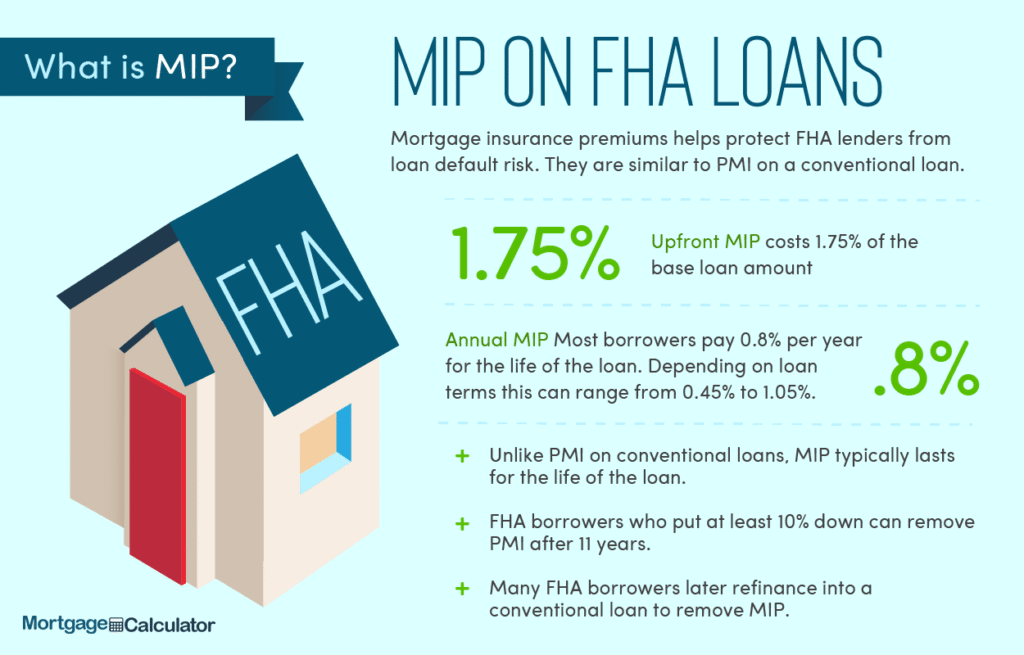Finding the right financial advisor to meet your specific goals can be a daunting task. With so many professionals out there offering advice on everything from retirement planning to investment management, how can you make sure you’re choosing the right one for your unique needs? In this post, we’ll guide you through the process, step by step, to help you find the financial advisor that’s the best fit for you.
Understand Your Financial Goals
Before you even start looking for a financial advisor, it’s important to clearly define your financial goals. Are you looking to retire early? Do you need guidance on managing your investment portfolio, or are you saving for your child’s education? Writing down your goals will help you find an advisor who specializes in the areas most relevant to you.

Consider the Types of Financial Advisors
There are several types of financial advisors, from robo-advisors offering automated investment advice to traditional human advisors who provide a wide range of financial planning services. Understanding the different services each type offers can help you narrow down your options.
Determine the Advisor’s Credentials
It’s essential to verify the credentials of any financial advisor you consider. Look for certifications like Certified Financial Planner (CFP) or Chartered Financial Analyst (CFA) as indicators of an advisor’s expertise and professionalism.
Learn About the Advisor’s Investment Philosophy
An advisor’s investment philosophy should align with your own financial goals and risk tolerance. Whether they prefer a conservative approach focusing on long-term growth or a more aggressive strategy, make sure it matches your preferences.
Understand the Fees
Financial advisors can be compensated in various ways, including fee-only, commission-based, or a combination of both. Understanding how an advisor is compensated can help you avoid any potential conflicts of interest.
Ask for References
Reputable advisors should be willing and able to provide references from clients with similar financial goals and needs as yours. Speaking with these references can give you a better idea of what working with the advisor might be like.
Interview Potential Advisors
Before making a decision, interview multiple advisors. Prepare a list of questions relevant to your financial goals and needs, and pay attention to how well the advisor communicates and if they seem genuinely interested in helping you achieve your goals.
Review the Advisor’s Background
Conducting a background check on any advisor you’re considering is a must. Tools like FINRA’s BrokerCheck can help you uncover any past disciplinary actions or conflicts of interest.
Evaluate Their Current Clients
Understanding who their current clients are can give you insight into the advisor’s experience and expertise in handling financial situations similar to yours.
Consider the Advisor’s Accessibility
Consider how often you’d like to communicate with your advisor and make sure their availability aligns with your expectations. Whether it’s quarterly check-ins or more frequent communications, clear expectations can avoid frustration later on.
Check for a Fit With Your Personality
The relationship with your financial advisor is personal. Ensuring you’re comfortable with their personality and communication style is crucial for a successful partnership.
Understand How They Utilize Technology
In today’s digital age, understanding how an advisor utilizes technology for communication and financial planning can enhance your experience and accessibility to your financial information.
Make Sure They Offer Holistic Financial Planning
A good financial advisor should look at your entire financial picture, not just your investments. Make sure they’re considering your long-term financial health, including savings, debts, and insurance needs.
Ask About Their Succession Plan
It’s important to know what will happen to your investments and financial plan if something happens to your advisor. A sound succession plan can provide peace of mind.
Know Your Rights as a Client
Understand your rights when working with a financial advisor, including your right to transparency regarding fees and the right to complain if you’re unhappy with their service.
Trust Your Gut
Finally, trust your instincts. If something doesn’t feel right about an advisor, it’s okay to keep looking until you find the right match for your needs.
In conclusion, finding the right financial advisor is a process that requires due diligence and patience. By taking the time to thoroughly assess each potential advisor against your specific financial goals and needs, you can ensure a productive and positive relationship that helps you achieve your financial objectives.
Frequently Asked Questions
What qualifications should I look for in a financial advisor? Look for qualifications like CFP (Certified Financial Planner) or CFA (Chartered Financial Analyst) as indicators of an advisor’s expertise and commitment to their profession.
How often should I meet with my financial advisor? The frequency of meetings should be based on your personal preferences and financial goals. Some people prefer quarterly check-ins, while others may require more frequent communication.
Can I switch financial advisors if I’m not happy? Yes, you are not bound to stick with a financial advisor if you’re not satisfied with their service. It’s important to find someone who is a good fit for your financial goals and personality.
What should I do if I suspect unethical behavior from my financial advisor? If you suspect unethical behavior, you can report it to the appropriate regulatory bodies such as the SEC (Securities and Exchange Commission) or FINRA (Financial Industry Regulatory Authority).
Do financial advisors only help with investments? No, financial advisors can offer a range of services including investment management, financial planning, retirement planning, tax planning, and more.


